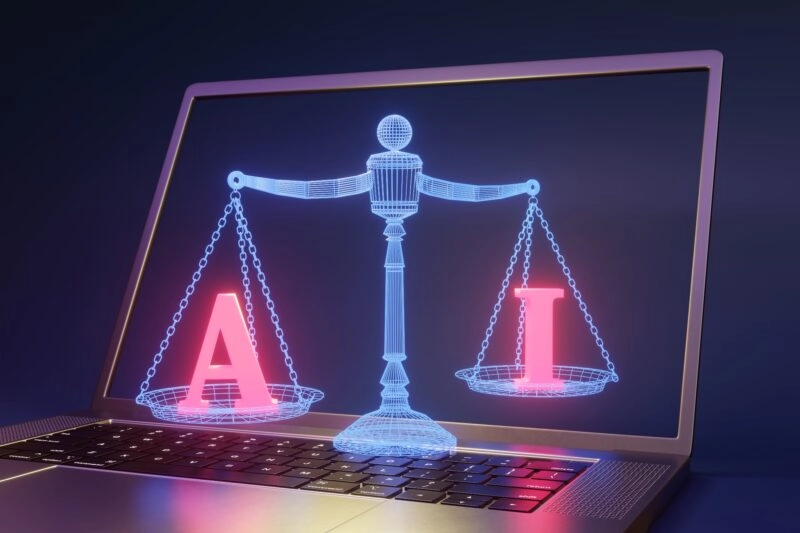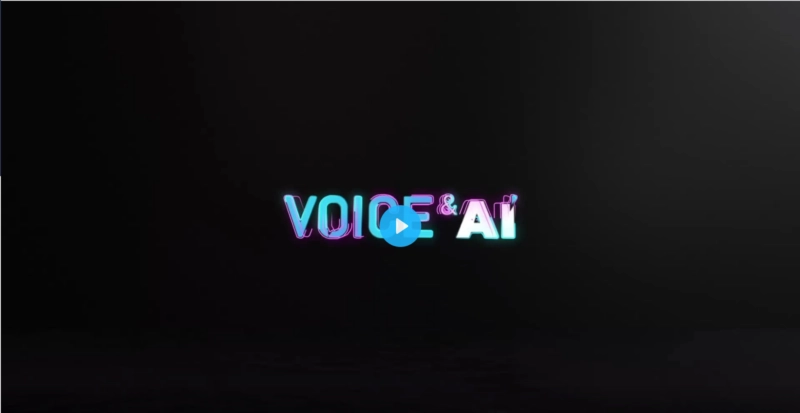Generative AI Remains at an IP and Privacy Crossroads
As artificial intelligence becomes increasingly integrated into our daily lives and business operations, the conversation around its ethical and legal implications grows louder. It’s clear that generative AI will continue to face legal battles; applications from oncology, to mental health services, to the classroom, are raising questions about AI’s ethics and the consequences of not addressing concerns before they cause undue harm. Two of the more persistent battlegrounds that are leading the legal debate around generative AI are intellectual property, as well as the world of data privacy.
For example, a recent congressional hearing from the Judiciary Committee Subcommittee on Intellectual Property emphasized the urgent need for clearer guidelines on IP protection for AI-generated works, highlighting the risk of stifling U.S. competitiveness under current policies and AI’s profound impact on intellectual property rights, recognizing its significant role in creativity and invention.
In the world of data privacy, despite strong interest in the productivity benefits of generative AI, U.S. leaders face major challenges in deploying AI tools safely, including a lack of strategic planning, governance, and in-house skills. New research from Coleman Parkes Research and SAS found that only 10% of organizations feel prepared for regulatory compliance, with most lacking a comprehensive governance framework.
The rise of generative AI, particularly in contexts that blend creativity and commerce, presents a complex challenge for intellectual property law, and privacy concerns still loom large as AI systems incorporate personal data into their vast training sets. Where does this leave the legal debate around generative AI? Jon Stine, an AI ethicist and seasoned retail technology executive, former leader at the Open Voice Network, weighs in with his analysis.
“In this observer’s opinion, it’s wise and ethical to use a large language model that at the very least places an emphasis
and respects sourcing and citation,” Stine said.
Article written by Daniel Litwin.
Recent Posts

As nations grapple with fast-moving AI technology and the best way to regulate it, could ethical human behavior be a preferable solution to government policy? The European Union is on the brink of establishing the world’s first comprehensive legal framework for artificial intelligence, but not without its hurdles. Initially proposed in 2021, the EU […]

Ethical considerations in the realm of voice and AI technologies are becoming increasingly important, especially as these technologies gain traction across various sectors. The responsible and ethical use of voice and AI is a topic that needs urgent attention and informed discourse. So, what are the elements of ethical considerations in voice and AI? […]




